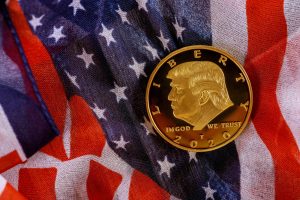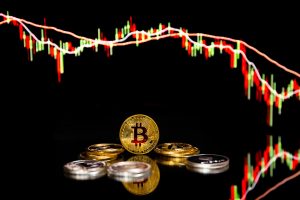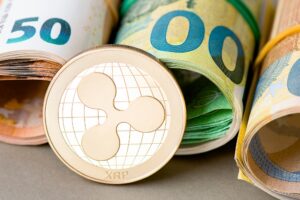Japan’s Nikkei 225 jumped 1.5% on Monday, lifted by strong gains in iPhone and chip-related stocks after the U.S. announced it would temporarily exempt smartphones, computers, and certain electronics from new reciprocal tariffs. The relief rally follows a period of market turbulence sparked by aggressive U.S. trade measures.
As of early morning trading in Tokyo, the Nikkei stood at 34,086.16, recovering from last week’s steep losses, while the broader Topix index gained 1.45% to reach 2,502.86.
Apple Supply Chain Gets a Reprieve
The rise came after the Trump administration granted exemptions on high-tech goods largely sourced from China—offering a temporary break for global technology firms, including Apple and its suppliers. Though the exemption eases immediate pressure, both President Trump and Commerce Secretary Howard Lutnick indicated that sector-specific tariffs could still be introduced in the coming months, possibly targeting semiconductors and related components.
Japanese electronics makers—many of which are integral to Apple’s supply chain—responded positively. Murata Manufacturing, a key iPhone components supplier, climbed 1.43%, while TDK surged 5.2%. Chip-testing equipment manufacturer Advantest advanced 3.84%, reflecting renewed investor optimism.
Market Still Cautious Despite Gains
Despite the bounce, market sentiment remains fragile. “The market is still swayed by various headlines,” noted Yugo Tsuboi, chief strategist at Daiwa Securities. “None of them are good enough to encourage investors to take their positions confidently.”
The Nikkei had previously dropped 4.23% since Trump’s “Liberation Day” tariffs, announced on April 2, sparked a sharp selloff. Although a 90-day freeze on additional tariffs was introduced shortly afterward, a 10% blanket duty on nearly all U.S. imports remains in place, fueling continued uncertainty.
Broad Market Rally
The day’s rally was broad-based. Of more than 1,600 companies trading on the Tokyo Stock Exchange’s Prime Market, 89% saw gains, while only 9% declined and 1% remained unchanged. The surge reflects a market trying to recalibrate amid unpredictable policy shifts from Washington.







